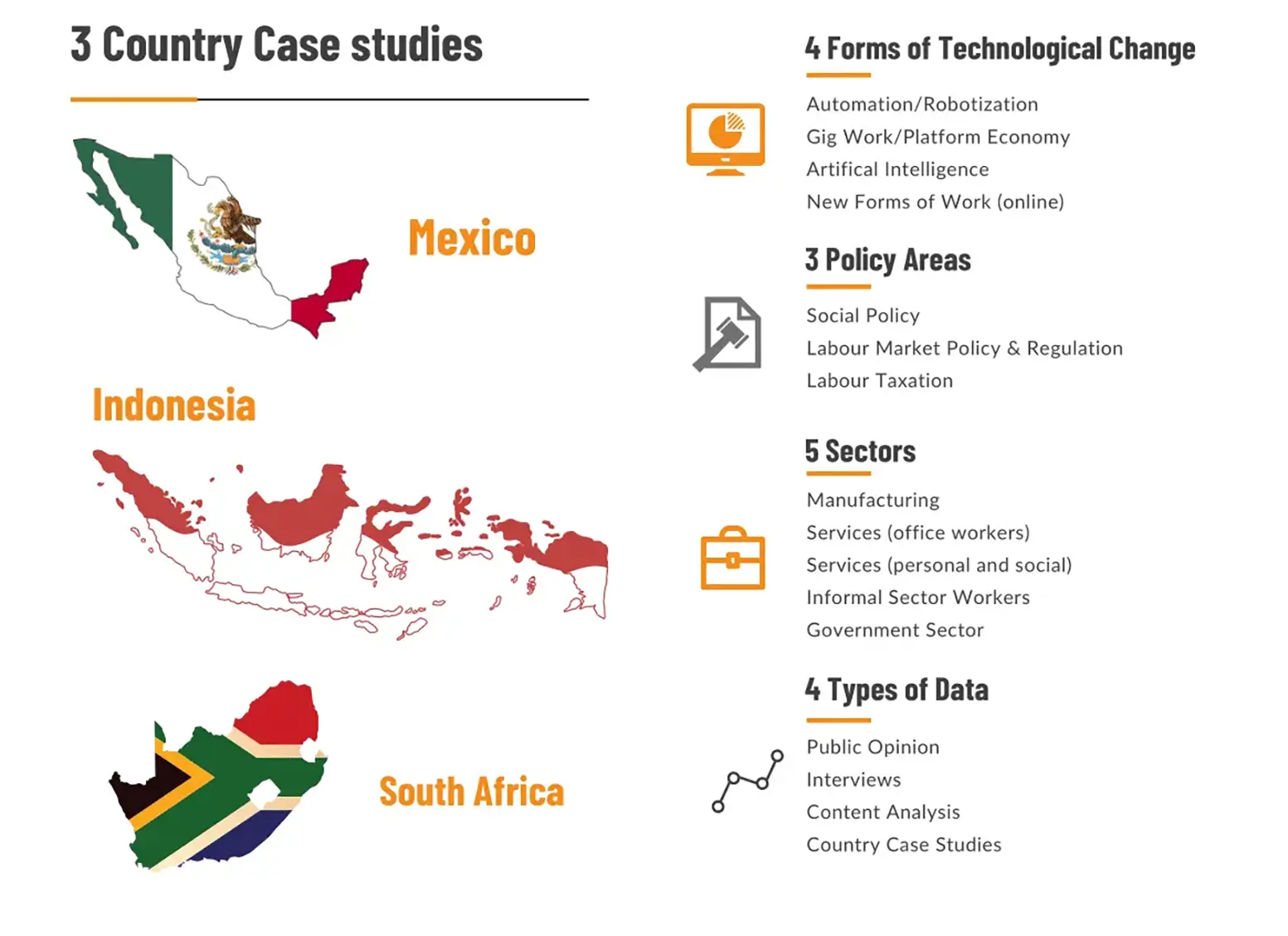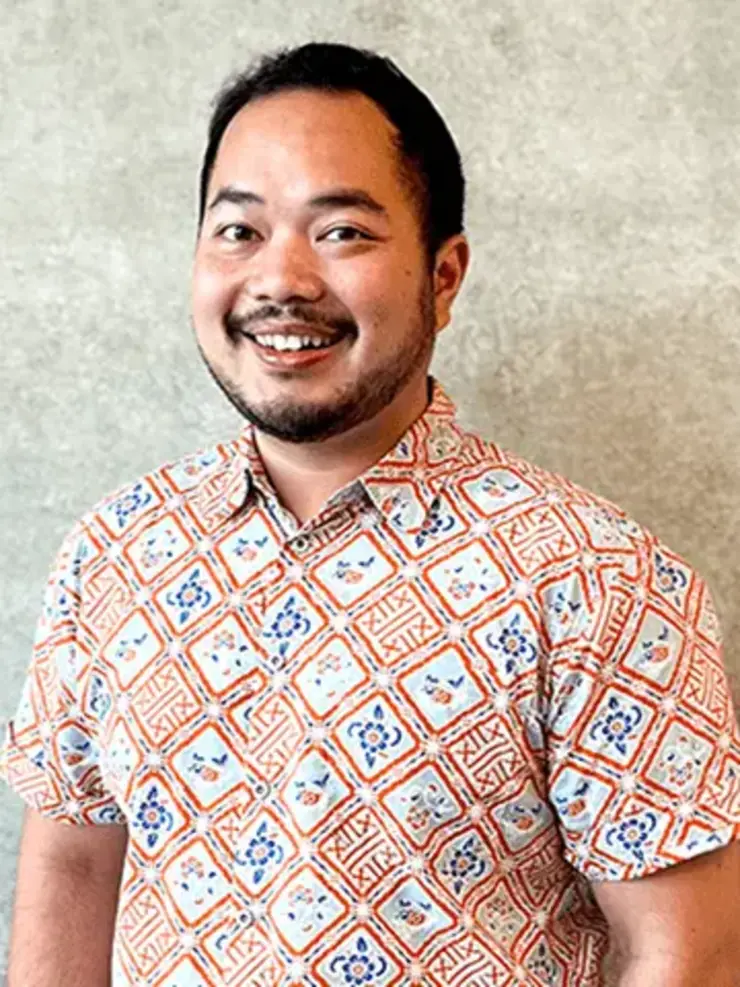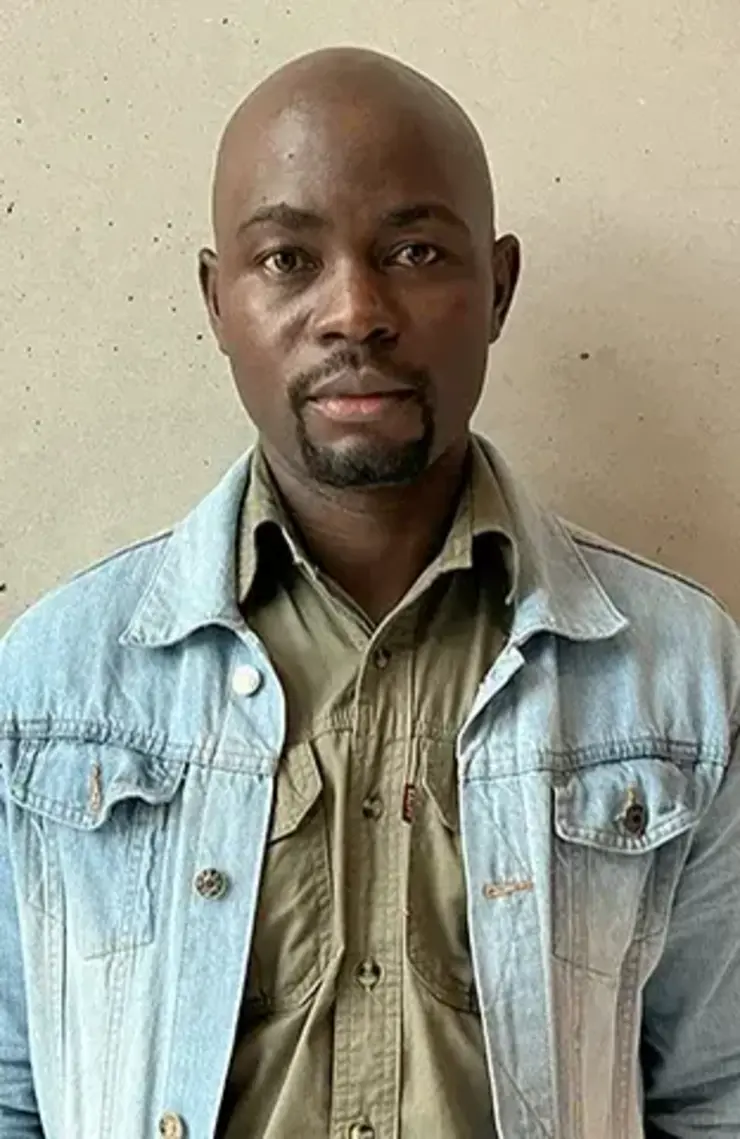Digitalization and the Future of Work in Middle-Income Countries (PolDigWork) – Mexico, Indonesia and South Africa

At the Willy Brandt School of Public Policy, we believe research is not only crucial for the academic and policy communities alone. Instead, in tandem with maintaining and upholding responsible science, research must inform and help address issues that affect contemporary daily livelihoods and well-being in society. In this regard, keeping the academic, policy and general community abreast of how far we have come with our ongoing project(s) is essential. This helps in imagining what needs to be done as well as in collectively identifying a panacea to contemporary economies' multifaceted challenges. This will provide readers with an overview of our Digitalisation and the Future of Work in Middle Income Countries (PolDigWork) project.
Mapping the Research Foci
The Researchers working on the PolDigWork project do not seek to project a utopian or dystopian worldview with regard to the impact of digitalization on the future of work. Rather, as the Researchers further immerse themselves in the nested case study of Mexico, Indonesia and South Africa, they grapple with the often taken for granted, hard and uneasy conversations, (half) truths, myths, fears and misconceptions regarding the nexus between digitalization and the world of work in Middle-Income Countries (MICs).
The Research Odyssey into Mexico
The PolDigWork project has already been rolled out in Mexico were field work research has been conducted and will begin in earnest in the remaining two case studies. The Principal Investigator conducted some Focus Group Discussions (FGDs) coupled with in depth interviews with various stakeholders interested in the Future of Work and Digitalization. This research took him to various sites.
On the 9th of March 2023 the Project Principal Investigator also convened an all-stakeholders workshop at El Colegio de México. One part of the proceedings of the roundtable discussion was live streamed, staying true to the project theme of digitalisation. Participants comprised of 20 experts (17 men, 3 women, aged 30-65) working in sectors with varied exposure to technological change (7 researchers in academia, 6 labour union representatives, 4 consulting experts in the private sector, 1 civil society expert, 1 public sector expert). In drawing up the sample the Researcher was also mindful to integrate the intersectionality lens insofar as accommodating regional, gender, education, class, sector variations were important. To avoid tunnel vision and escape the risk of having narrow discussions, the Project team during field work prioritized attention on expert focus groups bringing together actors from several sectors of Mexican society: government, industry, trade unions, the technological community. This selection criteria was motivated by these actors’ deep knowledge of the research subject.
Through this workshop participants grappled with issues on the socio-economic impact of technology. The outcome of this exploratory field work is beginning to bear fruits with publications in the form of Working Papers and Journal articles lined up. This, however, was the first but not the last of a series of engagements to come in the upcoming months.
Tentative Research Outputs
The Project Principal Investigator together with local Mexican experts has already published a Working Paper with the Friedrich Ebert Stiftung Mexico. This publication is not only showing the research conducted this far. Indeed, it is a way of giving back and circulating knowledge. True to the tradition of the Willy Brandt School, we endeavour to disseminate policy with wider stakeholders as well as transcend beyond policy silos.
South Africa and Indonesia
Though the primary areas of the research group is on the Mexican, South African and Indonesian case studies, the PolDigWork Researchers also research on other case studies namely, Malaysia, Ghana and Zimbabwe. The core area of the Research Group is clustered around the following key areas:

A Mix of Hopes, Fears, Optimism and Reservations
Without running the risk of pursuing a techno-deterministic negative view projecting the displacement and precarity of jobs owing to automation, technology and artificial intelligence (AI), the PolDigWork Researchers are alive to the nuanced and dichotomised debates. In this regard, the research project also seeks to engage with the techno-deterministic positive view, which sees the advance, adoption, heightened use and proliferation of digital technology with increased efficiency and productivity in the world of work. Within such a contextual reality, the project also explores pockets of pushback against automation. However, to the extent that this is a reality of contemporary times, it needs to be seen whether such a pushback will withstand the revolutionising pressures of the digital world/economy. This is particularly concerning considering that even in Middle-Income Countries the reality paints a picture where digitalisation has ceased being a matter of if technology is adopted and embraced.
The debate has strictly shifted to when and how this technology affects the labour market. Signs are there in the mining, manufacturing and service sectors in South Africa, Indonesia, among many other MICs, that things will never remain the same. To this end, the PolDigWork Researchers are conscious of the inevitability of digitalisation in the future of work. The Researchers, however, are cautious that what we should focus on is not only the process but also the outcomes. Whether the increasing spectre of AI is leading to the precarity, social injustice and atomisation of labour will only be best answered through evidence-driven research. In case we all run the risk of mere speculation.
Diving into the Future
The PolDigWork Researchers have already started exploratory fieldwork and workshops in the three case studies, with Mexico being the first. Interesting data is already emerging from the Mexican case study. For now, what we can only say is that we are elated. Having said that, stay tuned as we continuously keep you informed.
For more information you can visit the PolDigWork project webpage.
About the Authors

Viddy Ranawijaya is a Doctoral Student at the Willy Brandt School of Public Policy and a member of the DigPolWork project team.

Dr Gift Mwonzora is a Post-Doctoral Researcher at the Willy Brandt School of Public Policy and a member of the DigPolWork project team.
~ The views represented in this blog post do not necessarily represent those of the Brandt School. ~